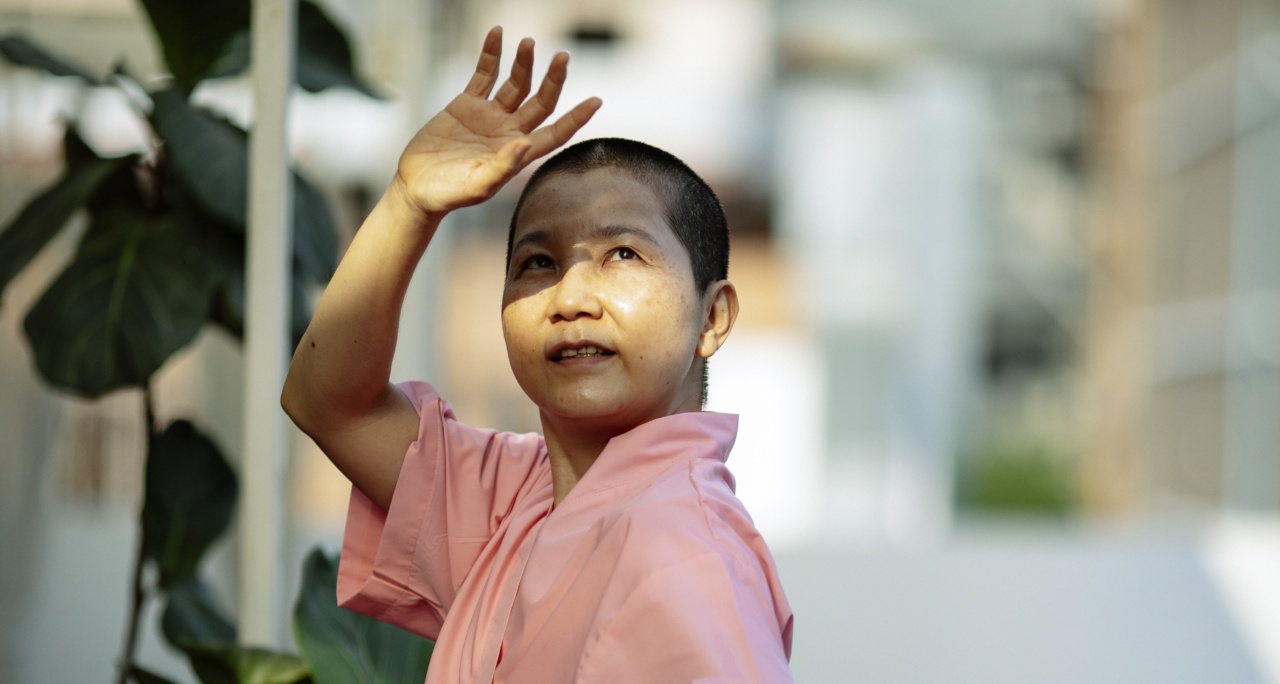Cancer is a devastating disease that affects millions of people around the world. While there is no surefire way to prevent cancer, there are certain measures you can take to reduce your risk of developing this deadly disease.
By adopting a healthy lifestyle and making smart choices, you can significantly lower your chances of getting cancer. Here are 10 tips for cancer prevention:.
1. Eat a Healthy Diet
A nutritious diet plays a crucial role in cancer prevention. Make sure to include plenty of fruits, vegetables, and whole grains in your meals.
These foods are rich in vitamins, minerals, and antioxidants, which help protect your body against cancer-causing substances. Avoid processed foods and limit your intake of red meat and sugary drinks.
2. Maintain a Healthy Weight
Obesity increases the risk of several types of cancer, including breast, colorectal, ovarian, and prostate cancer. To maintain a healthy weight, focus on eating a balanced diet and engaging in regular physical activity.
Aim for at least 150 minutes of moderate-intensity exercise or 75 minutes of vigorous exercise per week.
3. Engage in Regular Physical Activity
Regular exercise not only helps you maintain a healthy weight but also reduces the risk of cancer. Aim for at least 30 minutes of moderate-intensity exercise on most days of the week.
You can choose activities like brisk walking, cycling, swimming, or dancing. Find an activity you enjoy and make it a part of your daily routine.
4. Quit Smoking
Smoking is the leading cause of several types of cancer, including lung, throat, and mouth cancer. If you smoke, quitting is the best decision you can make for your health.
Seek support from friends, family, or healthcare professionals to help you quit smoking. There are also various medications and counseling services available to assist with smoking cessation.
5. Limit Alcohol Intake
Excessive alcohol consumption is linked to an increased risk of various cancers, including breast, liver, and colorectal cancer. If you choose to drink alcohol, do so in moderation.
For men, this means having no more than two drinks per day, and for women, it’s no more than one drink per day.
6. Protect Yourself from the Sun
Prolonged exposure to the sun’s harmful ultraviolet (UV) rays increases the risk of skin cancer. To protect yourself, seek shade when the sun is strongest, usually between 10 a.m. and 4 p.m.
Wear protective clothing, such as long sleeves, hats, and sunglasses, and use sunscreen with at least SPF 30 on exposed skin.
7. Get Vaccinated
Some cancers are caused by viral infections that can be prevented through vaccination. For example, the human papillomavirus (HPV) vaccine protects against cervical and other types of cancers. The hepatitis B vaccine can reduce the risk of liver cancer.
Consult your healthcare provider to determine which vaccines are recommended for you.
8. Practice Safe Sex
Sexually transmitted infections (STIs), such as HPV and human immunodeficiency virus (HIV), can increase the risk of certain cancers. To reduce your risk, practice safe sex by using condoms consistently and getting regular check-ups for STIs.
It’s also important to limit your number of sexual partners.
9. Avoid Harmful Chemicals
Exposure to certain chemicals and toxins in the environment can increase the risk of cancer. Limit your exposure to harmful substances, such as asbestos, benzene, formaldehyde, and tobacco smoke.
Follow safety guidelines and use protective equipment when dealing with potentially hazardous materials.
10. Get Regular Screenings
Early detection is key in successfully treating many types of cancer. Schedule regular screenings and check-ups as recommended by your healthcare provider. This may include mammograms, Pap tests, colonoscopies, prostate exams, and skin cancer screenings.
Be proactive about your health and don’t skip these important screenings.





























